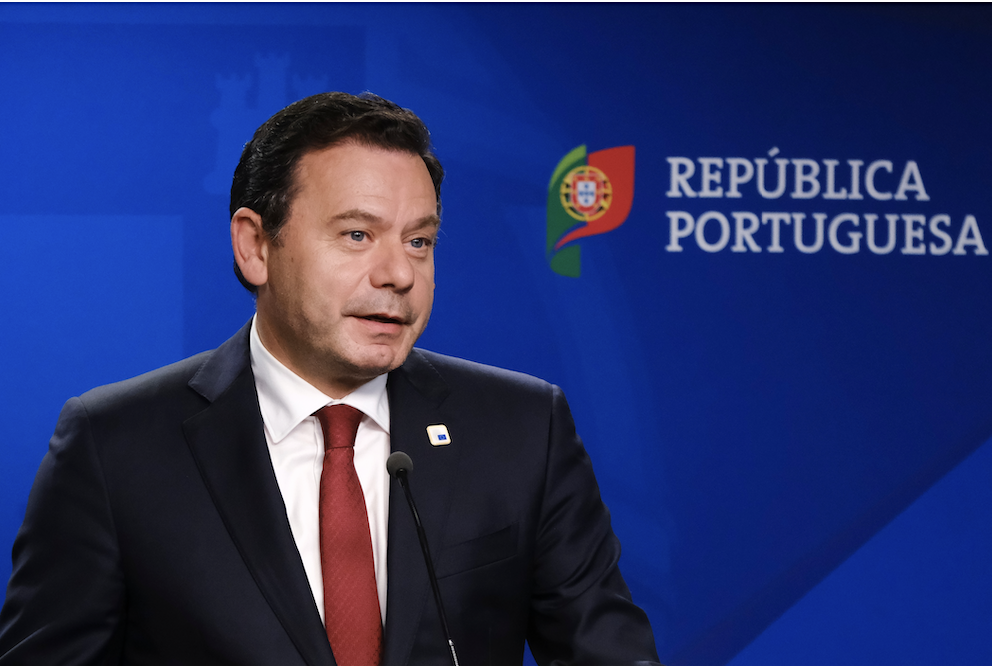The Portuguese government intends to increase Japanese investment in Portugal and strengthen bilateral relations, while also emphasising the “diplomatic tradition” of visits to China, including the promotion of Portuguese language and culture in Macau.
These are among the objectives outlined by a source from the Prime Minister’s office for the official visits that Luís Montenegro will undertake next week to China, where he will meet President Xi Jinping and visit the Macau Special Administrative Region (SAR), and to Japan, with stops in Tokyo and at Expo Osaka.
Montenegro’s trip to Japan and the Osaka exposition was originally scheduled for May, but the government’s resignation – following a political crisis linked to his family company, Spinumviva – and subsequent early elections postponed the visit. The same reason led to the cancellation of the 10 June celebrations in Macau with President Marcelo Rebelo de Sousa, which were eventually held in Munich and Stuttgart, Germany.
According to the Prime Minister’s office, a visit to China had already been planned for the second half of the year, so the two trips were combined for “logistical reasons,” with a total duration of five days. The source emphasised that there was no issue of “political sensitivity” in this decision.
In Japan, the primary goal is to increase Japanese investment in Portugal and to diversify it beyond the automotive sector, with a potential partnership in the space industry under consideration between CEiiA (Engineering and Development Centre in Matosinhos) and a Japanese company.
To this end, the Minister of Economy and Territorial Cohesion, Manuel Castro Almeida, will hold “a series of meetings with Japanese investors,” while Luís Montenegro will meet with around ten companies at the Japan Business Federation “that have concrete interest” in Portugal, the source explained.
Portugal also aims to “elevate the level of political and diplomatic relations with Japan” towards a strategic partnership, which will involve more mechanisms for bilateral cooperation and greater cultural exchange.
Lisbon highlighted that “there is significant alignment between Japan and the European Union regarding the war in Ukraine and the Middle East.”
With China, although there is less alignment on many issues, a source from the Prime Minister’s office stressed that Montenegro’s visit forms part of Portugal’s “diplomatic tradition,” as all heads of state and several prime ministers have visited the country, the “world’s second-largest economy” and a permanent member of the United Nations Security Council.
During this part of the visit, particular attention will focus on meetings at the “highest level” with President Xi Jinping, where Montenegro is expected to address “the international context,” and with Premier Li Qiang, in discussions expected to include the war in Ukraine.
Economically, the aim of the China visit is to improve the trade balance between the two countries, which is currently “heavily skewed” in Beijing’s favour, with some memoranda of understanding expected to be signed in the agri-food sector.
“Portugal will convey to China that it believes in a rules-based trading system,” the source emphasised.
The Portuguese Prime Minister’s visit to China will take place the week after the meeting in Beijing of Xi Jinping, Russian President Vladimir Putin, and North Korean leader Kim Jong-un, at a military parade marking the 80th anniversary of the end of the Second World War in the Pacific.
This meeting was described on Wednesday by the European Union’s foreign affairs chief, Kaja Kallas, as a “direct challenge” to the rules-based international order, sending “anti-Western signals.”
Montenegro’s brief stop in Macau, a territory administered by Portugal until 1999, is framed as a signal to China that Portugal continues to value its presence in the region, particularly in terms of language and culture, and that the “unique characteristics” of the SAR make it “a success story.”


AloJapan.com